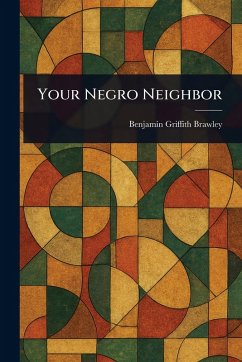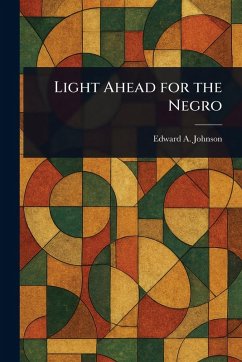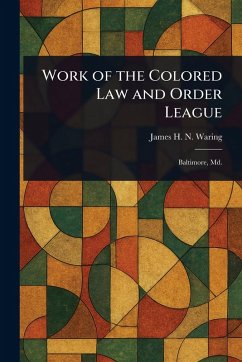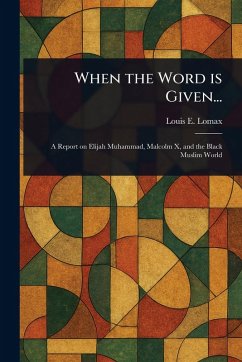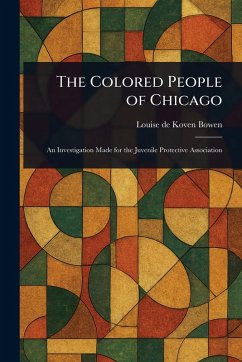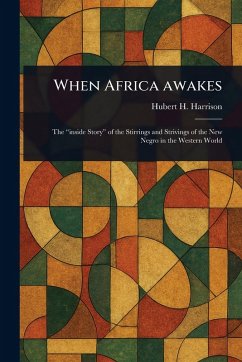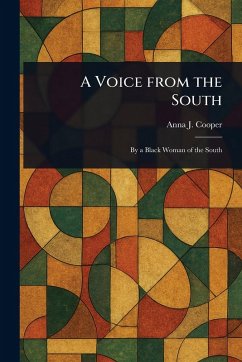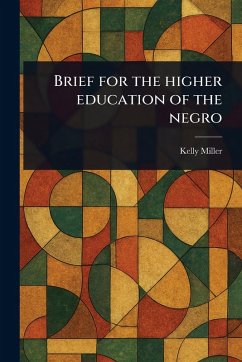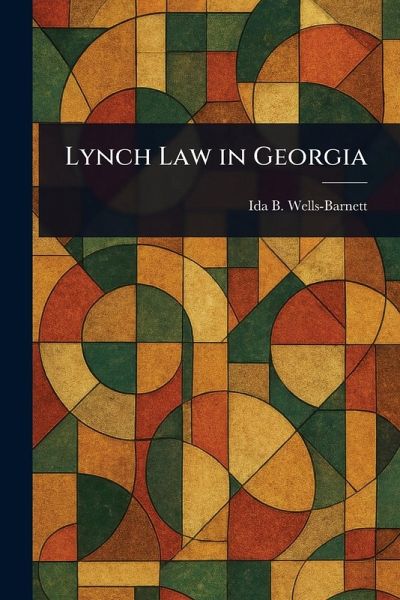
Lynch Law in Georgia
Versandkostenfrei!
Versandfertig in über 4 Wochen
14,99 €
inkl. MwSt.

PAYBACK Punkte
7 °P sammeln!
"Lynch Law in Georgia" by Ida B. Wells-Barnett is a powerful and unflinching examination of racial violence and injustice in the American South during the Jim Crow era. This meticulously researched historical text delves into the brutal practice of lynching and its devastating impact on African American communities in Georgia. Wells-Barnett, a prominent civil rights activist and investigative journalist, provides a stark and detailed account of specific instances of lynching, exposing the systemic racism and legal failures that allowed these atrocities to occur. The book serves as a critical i...
"Lynch Law in Georgia" by Ida B. Wells-Barnett is a powerful and unflinching examination of racial violence and injustice in the American South during the Jim Crow era. This meticulously researched historical text delves into the brutal practice of lynching and its devastating impact on African American communities in Georgia. Wells-Barnett, a prominent civil rights activist and investigative journalist, provides a stark and detailed account of specific instances of lynching, exposing the systemic racism and legal failures that allowed these atrocities to occur. The book serves as a critical indictment of the prevailing social and political climate, shedding light on the horrors of racial terror and the fight for civil rights in the face of overwhelming oppression. "Lynch Law in Georgia" remains a vital resource for understanding American history, the legacy of Jim Crow, and the ongoing struggle for racial equality. This republication offers an important opportunity to engage with a timeless and essential work of social science. This work has been selected by scholars as being culturally important, and is part of the knowledge base of civilization as we know it. This work is in the public domain in the United States of America, and possibly other nations. Within the United States, you may freely copy and distribute this work, as no entity (individual or corporate) has a copyright on the body of the work. Scholars believe, and we concur, that this work is important enough to be preserved, reproduced, and made generally available to the public. We appreciate your support of the preservation process, and thank you for being an important part of keeping this knowledge alive and relevant.






